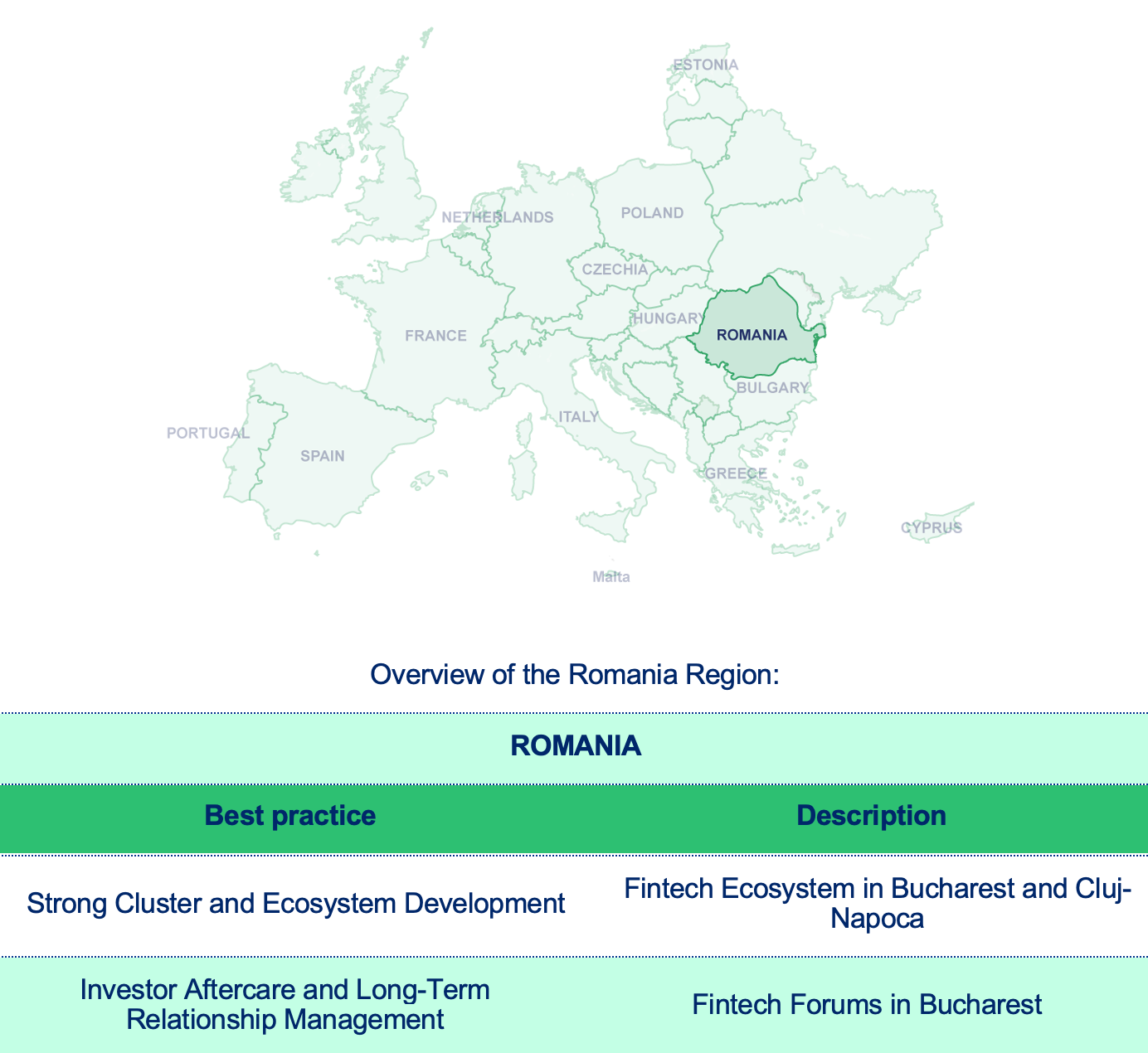
Cluj-Napoca, often referred to as the “Silicon Valley of Eastern Europe,” has become a magnet for FDI in the tech sector. Cluj-Napoca and Bucharest have become central to Romania’s fintech growth, hosting startups focused on digital banking, AI-driven risk assessment, and blockchain. Cluj-Napoca’s strong tech ecosystem supports the growth of fintech firms, while Bucharest acts as a hub for financial services.
Global fintech firms like TransferWise (now Wise) and UiPath (with fintech applications) have expanded operations in these cities, drawing from Romania’s highly skilled IT workforce.
The fintech success seen in Cluj-Napoca and Bucharest can be replicated in other Eastern European cities with growing tech talent pools, such as Bratislava (Slovakia), Belgrade (Serbia), or Zagreb (Croatia). These cities can create similar ecosystems by fostering collaborations between universities, tech companies, and financial institutions. Targeted programs, such as coding boot camps or accelerators for fintech startups, can help these regions attract foreign investors and nurture local talent. Incentives that focus on blockchain, AI, or digital banking solutions, combined with inclusivity initiatives like those in Romania, can position these regions as attractive fintech hubs in the European market.
Regular fintech-focused forums in Bucharest bring together policymakers, international investors, and local startups to discuss regulatory innovation, cybersecurity, and funding opportunities. These forums have strengthened Romania’s position as a rising fintech destination and encouraged reinvestment from foreign firms.
Bucharest’s fintech forums can be replicated in other emerging fintech ecosystems, such as Sofia (Bulgaria), Zagreb (Croatia), or Belgrade (Serbia). Hosting regular forums that focus on key fintech topics, such as regulatory updates, funding opportunities, and collaboration between startups and investors, can position these regions as active players in the fintech industry. Including panels and networking sessions to address the needs of underrepresented groups ensures that inclusivity remains a central theme. These forums also provide a platform for ongoing dialogue between stakeholders, fostering long-term relationships with foreign investors while supporting the growth of local fintech startups.
